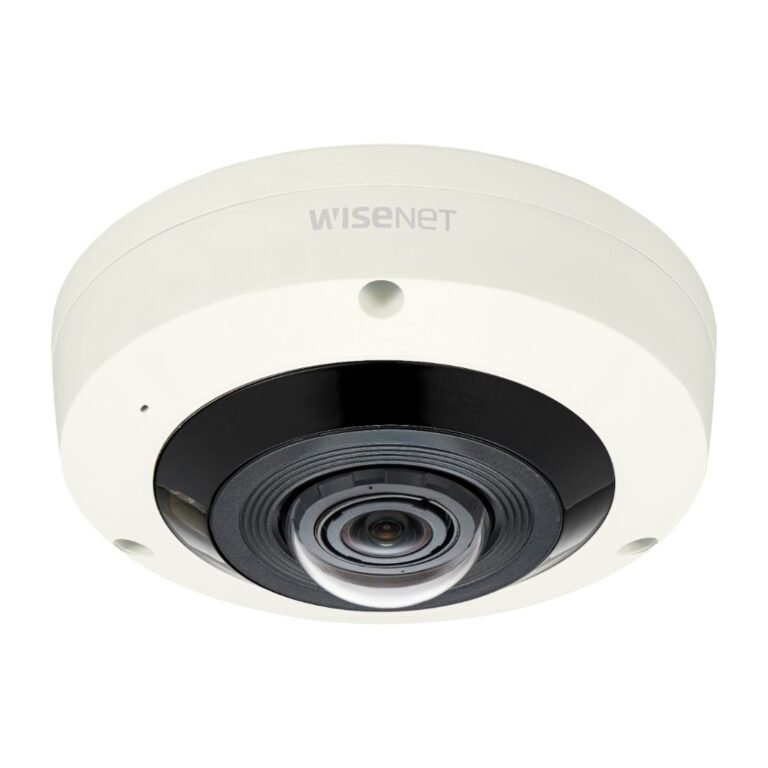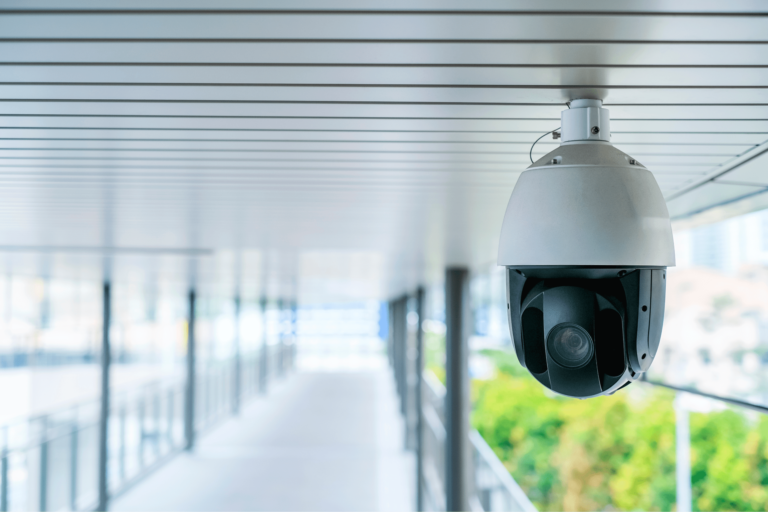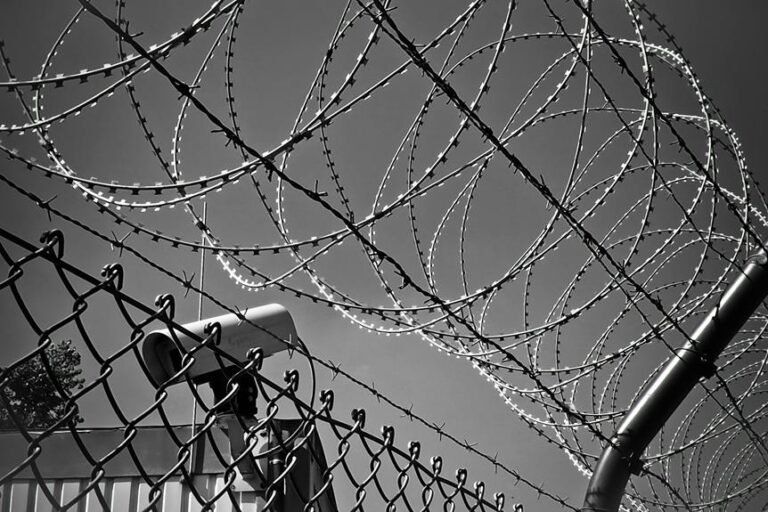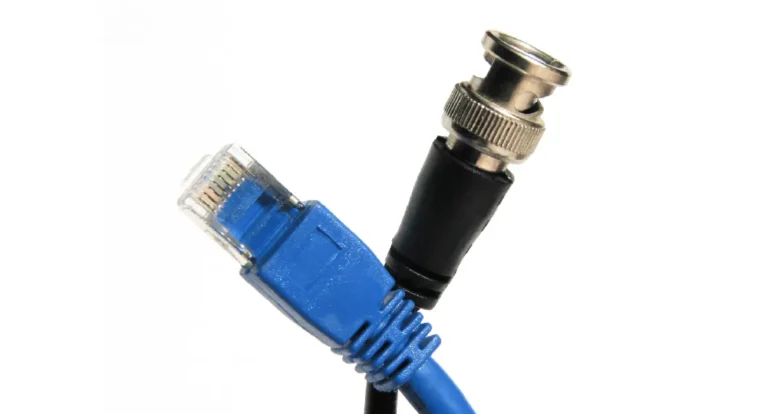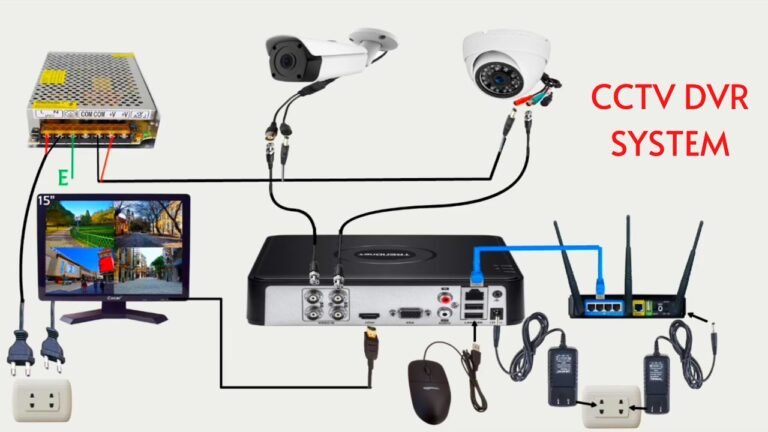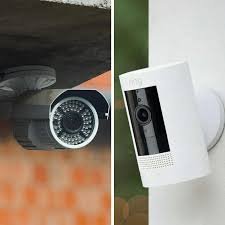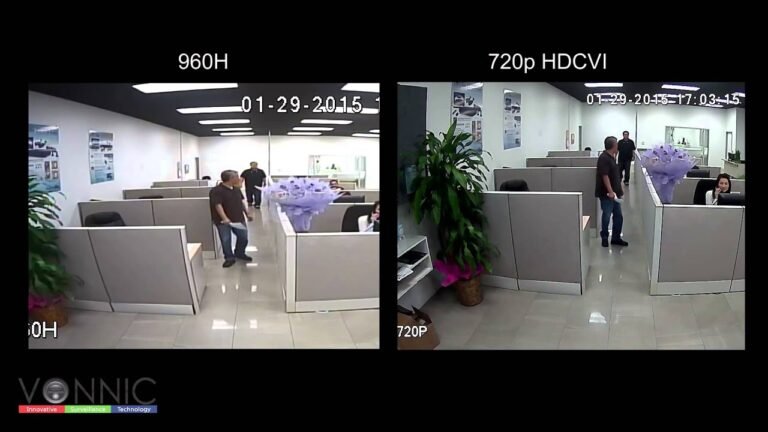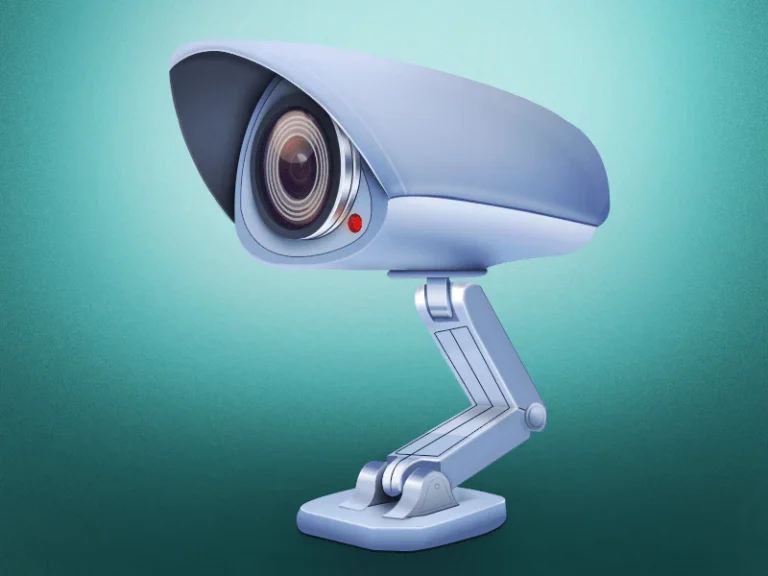Best Annke CCTV Review: The Ultimate Guide to Home Security Surveillance Cameras
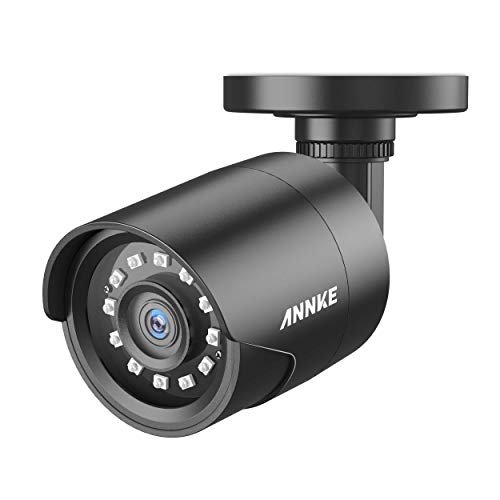
The Annke CCTV system offers a range of high-quality security cameras with advanced features, including HD-TVI and 4-in-1 bullet cameras, dome cameras, and add-on wired cameras. With exceptional night vision and weatherproof capabilities, these cameras provide reliable surveillance for both…
